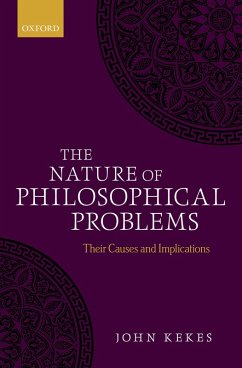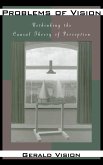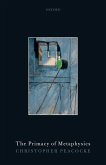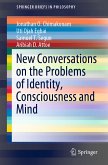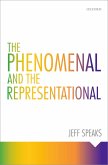We must all make choices about how we want to live. We evaluate our possibilities by relying on historical, moral, personal, political, religious, and scientific modes of evaluations, but the values and reasons that follow from them conflict. Philosophical problems are forced on us when we try to cope with such conflicts. There are reasons for and against all proposed ways of coping with the conflicts, but none of them has been generally accepted by reasonable thinkers. The constructive aim of The Nature of Philosophical Problems is to propose a way of understanding the nature of such philosophical problems, explain why they occur, why they are perennial, and propose a pluralist approach as the most reasonable way of coping with them. This approach is practical, context-dependent, and particular. It follows from it that the recurrence of philosophical problems is not a defect, but a welcome consequence of the richness of our modes of understanding that enlarges the range of possibilities by which we might choose to live. The critical aim of the book is to give reasons against both the absolutist attempt to find an overriding value or principle for resolving philosophical problems and of the relativist claim that reasons unavoidably come to an end and how we want to live is ultimately a matter of personal preference, not of reasons.
Dieser Download kann aus rechtlichen Gründen nur mit Rechnungsadresse in A, B, BG, CY, CZ, D, DK, EW, E, FIN, F, GR, HR, H, IRL, I, LT, L, LR, M, NL, PL, P, R, S, SLO, SK ausgeliefert werden.

